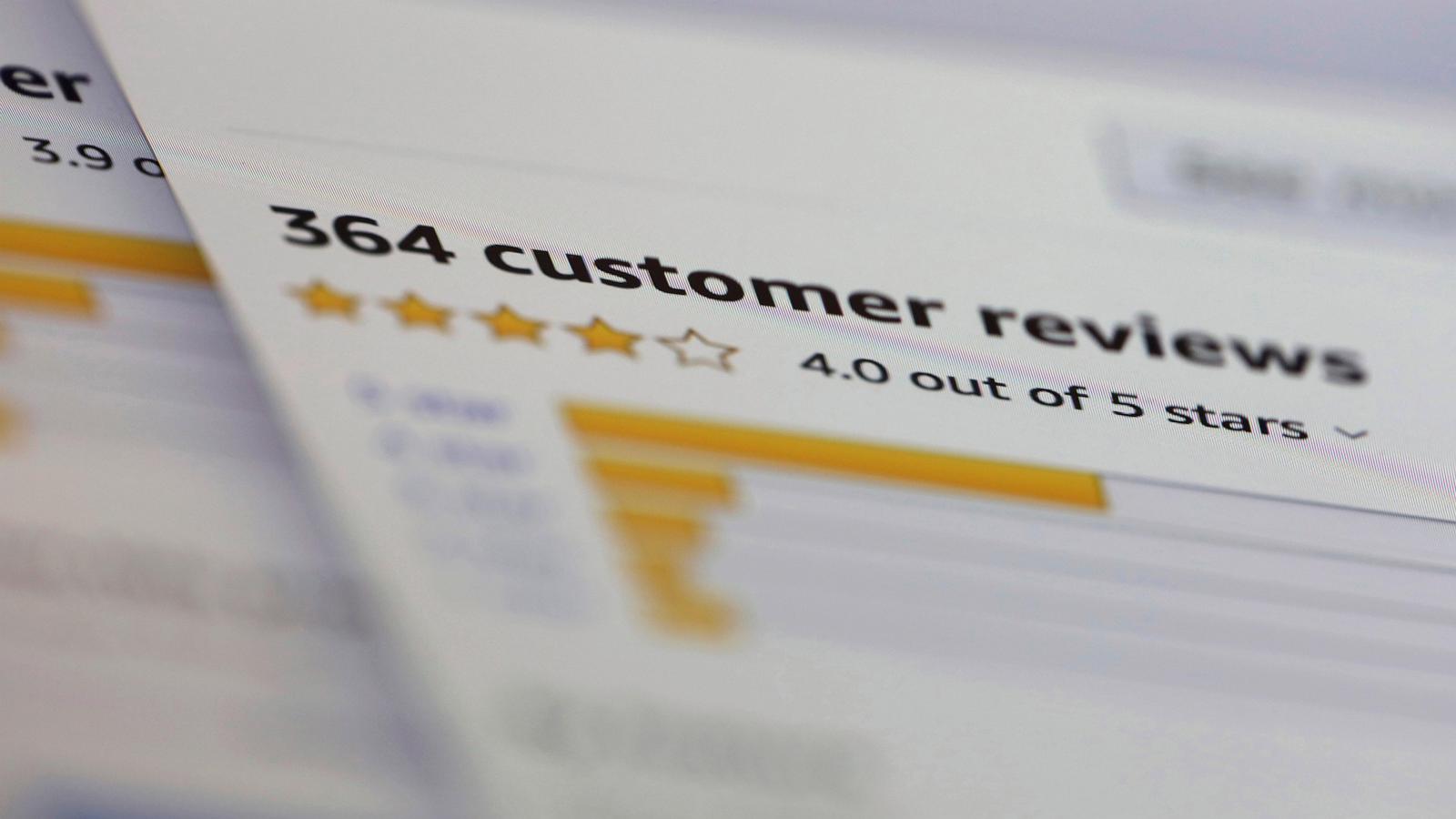The Rise of AI-Generated Fake Reviews: A Growing Threat to Online Consumers
The internet has revolutionized how we shop, bringing ease and convenience. But lurking beneath the surface of this digital marketplace is a sinister trend: AI-generated fake reviews are exploding, and they're making it harder than ever to trust what you read online. Are you falling victim to this scam?
How AI is Fueling the Fake Review Epidemic
The emergence of powerful AI tools like ChatGPT has unleashed a wave of artificial reviews across platforms such as Amazon and Yelp. Businesses, keen to boost sales rankings, are using these tools to generate an influx of positive feedback—often for services ranging from home repairs and medical care to high-fashion goods. Scammers are able to produce these convincing phony reviews at a pace previously unthinkable, which is making the problem even worse and more prevalent.
This isn't just a minor inconvenience. Consumers, armed with supposedly helpful reviews, often feel pressured to buy quickly during popular sales such as the Holiday shopping seasons. When AI-generated reviews push products with poor quality or misleading descriptions to the top of search results, unsuspecting customers are getting ripped off.
The Transparency Company's Alarming Findings
The Transparency Company, a prominent watchdog organization dedicated to exposing fake online reviews, released a recent report containing chilling data. Their analysis of millions of reviews across multiple sectors revealed a startlingly high percentage likely to be AI-generated. This raises serious questions about the credibility of online reviews as a whole. How can consumers sort the real from the fake, especially when reviews, that have already been scrutinized, show up at the top of search results?
Spotting the Deceit: Warning Signs of AI-Generated Reviews
While AI detectors have made strides, accurately identifying AI-written content is far from foolproof. However, several key indicators should alert discerning consumers to the possible deception. These include the presence of overly effusive or negative reviews, and an overuse of product jargon repeating full product names and model numbers. Be especially suspicious of reviews that read as robotic, formulaic and repetitive.
What Are Companies Doing About It?
In response to the growing threat, many prominent companies like Amazon, Yelp, and Trustpilot, and some members of the Coalition for Trusted Reviews, have developed and improved algorithms and investigative teams to identify and take down fraudulent reviews. Many even allow the use of AI-generated reviews under specific conditions as long as they genuinely reflect user experience.
However, the scale of the problem continues to be a serious issue. As watchdog organizations have found, even the best tech companies' effort have not managed to catch all fraudulent reviews that show up on a daily basis, which points to the need to improve the technology in use to address the challenges that AI brings.
Take Away Points
- AI-generated fake reviews are a massive and growing problem across many online platforms.
- Consumers need to remain highly vigilant, using several methods, to distinguish real reviews from artificial ones.
- Companies and organizations alike are doing more to mitigate the problem and consumers are encouraged to utilize available methods for submitting abuse and fraudulent activity reports.
- Despite these advancements, more must be done to tackle AI-generated fake reviews, as their impact on consumer confidence and e-commerce integrity remains considerable.




